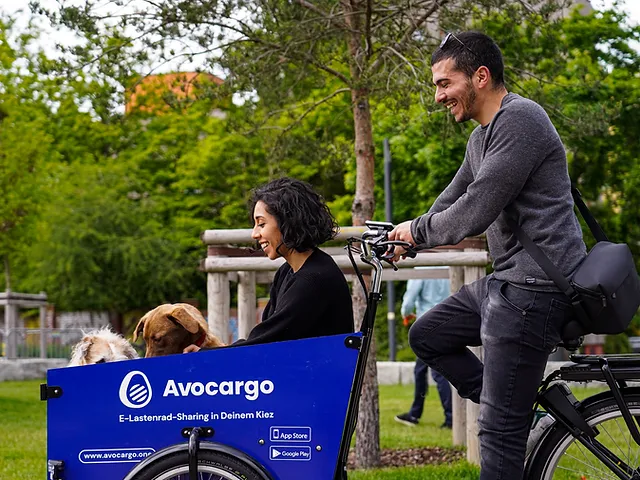The Rise and Fall of Avocargo: Lessons for the Future of Lastenräder
2023-04-21

Avocargo was one of the promising startups in the German transportation sector. Founded just two years ago, the company raised several million euros from investors to launch its electric cargo bike sharing service in Berlin. But despite the growing popularity of Lastenräder, Avocargo failed to attract enough customers and investors to sustain its business model. Now, the company has officially closed its doors, leaving 17 employees without jobs and 200 blue cargo bikes without riders.
What went wrong for Avocargo? The company’s founders admit to making some mistakes, but they also point to factors beyond their control. In particular, they cite bad timing and a lack of financial support from the government as key challenges that contributed to the company’s demise. The founders remain optimistic about the future of Lastenräder, however, and believe that the “big time” for cargo bikes is yet to come.
Indeed, there are many reasons to be bullish on the prospects of cargo bikes in urban transportation. With growing concerns about climate change, air pollution, and traffic congestion, more and more people are looking for sustainable and efficient ways to move goods and people around the city. Lastenräder offer a compelling solution to these challenges, with their low carbon footprint, flexibility, and affordability.
Moreover, Lastenräder have received significant support from both the public and private sectors in recent years. Berlin, for example, has launched a subsidy program for cargo bikes, providing up to 2,000 euros for businesses and organizations to purchase electric cargo bikes. Similarly, the federal government has allocated millions of euros for Lastenräder in its climate protection plan, aiming to increase the number of cargo bikes on German streets to 200,000 by 2030.
Despite these favorable conditions, however, cargo bike sharing services like Avocargo still face significant challenges. One of the main obstacles is the high upfront cost of purchasing and maintaining a fleet of electric cargo bikes. Unlike traditional bike sharing services, which rely on low-cost, low-maintenance bicycles, cargo bike sharing services require heavy-duty, expensive bikes that can handle heavy loads and frequent use. This makes it harder for startups to achieve profitability and attract investors in the early stages of their business.
Another challenge for cargo bike sharing services is the need to build a critical mass of users. Unlike other forms of transportation, such as public transit or ride-hailing, cargo bike sharing is still a relatively new and niche market. This means that companies like Avocargo need to invest heavily in marketing and outreach to raise awareness of their service and convince people to switch from other modes of transportation. Additionally, they need to ensure that their bikes are easily accessible, reliable, and safe, which requires significant investments in technology and infrastructure.
Despite these challenges, I believe that the future of Lastenräder is bright. As more and more cities embrace sustainable transportation and adopt policies that promote the use of cargo bikes, the demand for these services will only continue to grow. Startups like Avocargo may have struggled to succeed in the current environment, but I am confident that future entrepreneurs will learn from their mistakes and build even better, more successful cargo bike sharing services in the years to come.